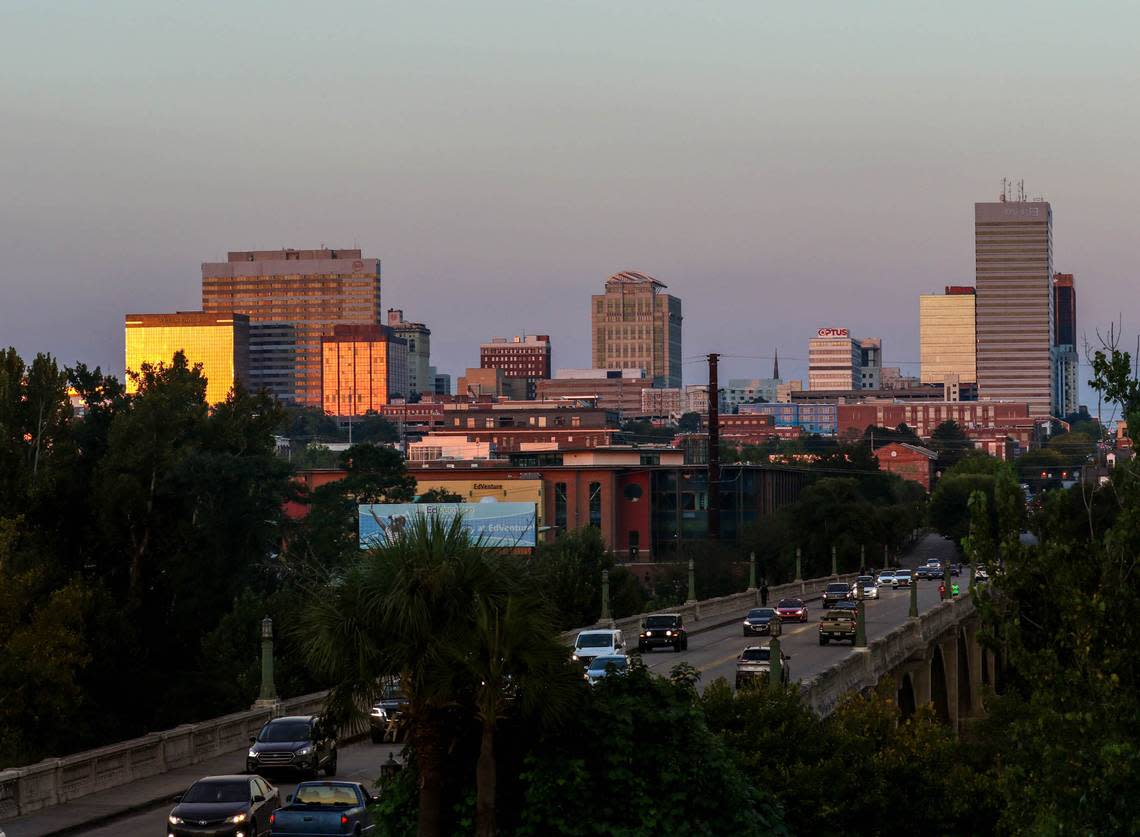Columbia passes Airbnb regulations for the first time. How new rules will affect rentals

After nearly two years of public meetings, testimony from rental operators and residents, and numerous drafts, the city of Columbia has passed its first rules for short-term rentals such as Airbnb and VRBO.
The new ordinance, passed unanimously Tuesday, has lost some of the teeth Councilman Howard Duvall and neighborhood representatives had hoped for. For instance, it does not include a cap on the number of rentals allowed citywide or restrictions on rentals in residential areas.
Instead, the ordinance requires short-term rentals to apply for permits, just as regular rental properties must, and creates parameters for those permits to be revoked. The goal for now, city leaders say, is to get a sense of how many short-term rentals are in the city and to see where they congregate.
The changes to the original proposal to regulate Airbnbs are largely in response to a bill in the State House that would penalize cities that try to limit short-term rentals.
“I think what we have come up with is a good compromise and a good first step for the city of Columbia,” Duvall told The State. “We have set in place the process for registering and permitting short-term rentals, which will give us a base of information to make further decisions downstream.”
New rules
During the nearly two-year effort by the city to regulate short-term rentals, which are properties rented for less than 30 days at a time, neighbors have frequently raised concerns about property maintenance and quality of life. But rental operators have asserted the city has no data to say whether short-term rentals have created a nuisance in neighborhoods.
David Bergmann, who runs the local rental company Heartwood Furnished Homes, has been heavily involved with the city’s process to pass the new regulations. He’s been part of roundtable discussions with neighborhood associations and other rental operators to try to find common ground. In his view, this ordinance accomplishes that.
“If there really are violations that are happening in significant numbers, we’re going to start to see those with the data, and then those can be addressed,” Bergmann said.
The specifics of the law require short-term rental operators to acquire business licenses and to get annual permits for each rental property they oversee. Permits for owner-occupied properties will cost $100, and permits for non-owner-occupied rentals will be $250.
The rental operators will be subject to safety inspections and also must provide neighbors with the address of the rental and their contact information.
The rentals are also required to provide at least two parking spaces, a provision meant to address neighborhood concerns about competing for street parking.
Rental operators can also lose their permits if they rack up enough violations.
The rental fee money will be used to hire potentially two new code enforcement officers whose duties would include monitoring short-term rentals, Duvall said. The fee would also help pay for assistance from a firm specializing in locating short-term rentals to combat unpermitted operators.
Duvall said he thinks after the city has gathered the data through the new permitting process, it should revisit the ordinance.
Future regulation?
A handful of state lawmakers have backed a bill that would penalize municipalities that restrict property owners from using their buildings for short-term rentals.
That bill would limit a city’s ability to collect certain taxes and would restrict a city from receiving certain state funds if it chose to limit short-term rentals. That bill remains in the House Committee on Medical, Military, Public and Municipal Affairs.
The pending legislation is one of the major reasons the city’s new ordinance has fewer restrictions than previously proposed.
Still, Duvall and many residents remain opposed to non-owner-occupied rentals in residential areas, which Duvall has previously called boutique hotels and says function more as businesses than residences. He hopes the data the city collects through this initial process will inform that debate in the future.
Rental operators still adamantly oppose would-be restrictions on rentals in residential areas, which they say make up 90-95% of all short-term rentals in the city.
Industry data provided by the site Airdna suggests there are nearly 1,000 short-term rentals in Columbia, and 86% are non-owner-occupied homes. By comparison, just 14% of the rentals are a private room in a home someone already lives in.
The Airdna data is nonspecific, and city officials have raised questions about its reliability. The new permitting process is meant to help the city get more specific information.


